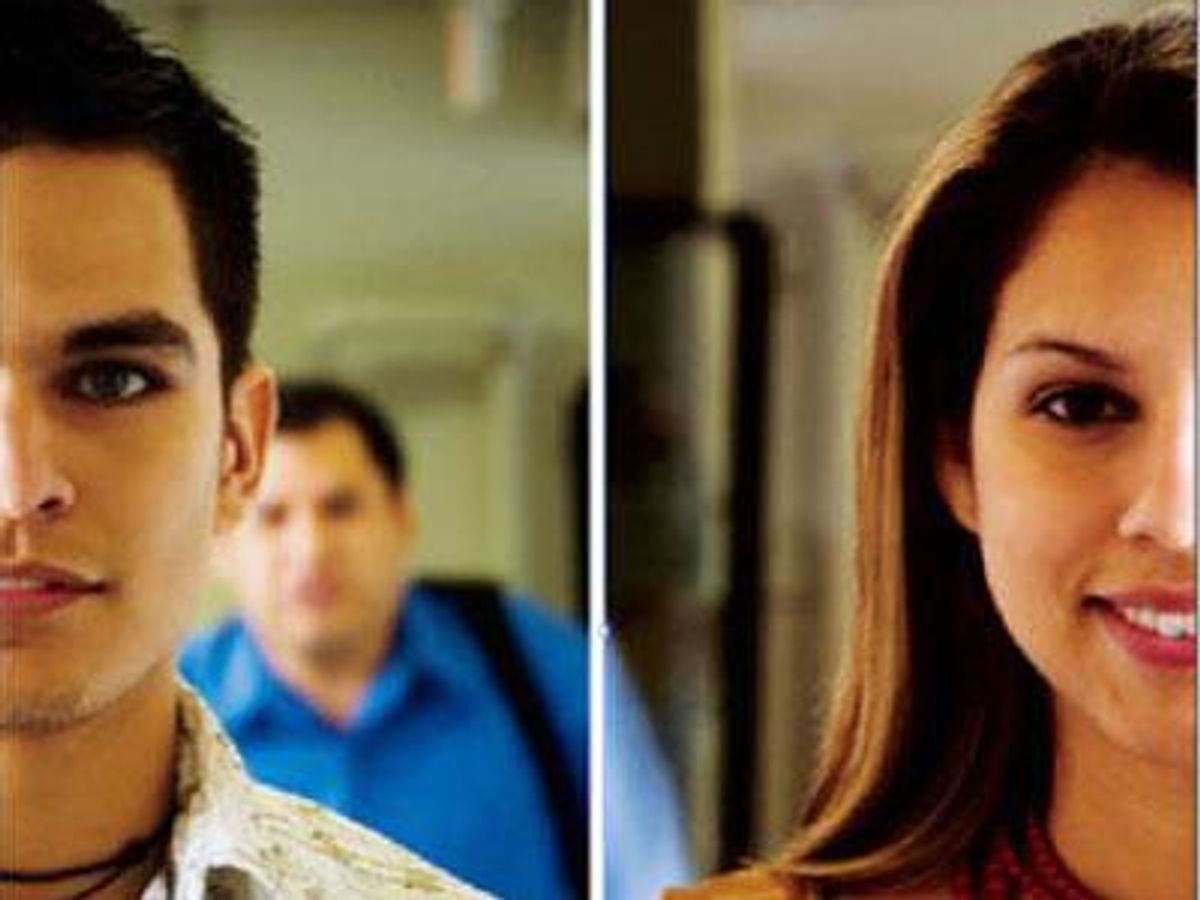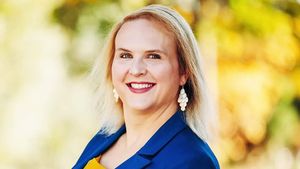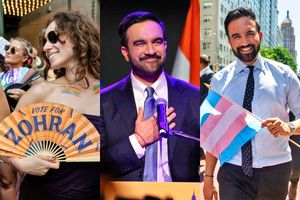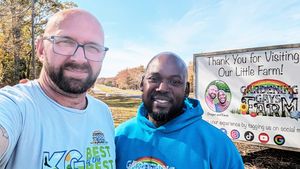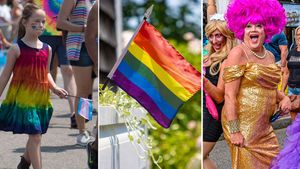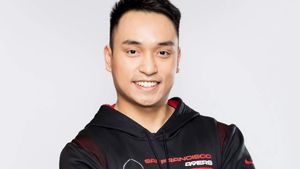Being HIV-positive is hard, but being HIV-positive and Latino is doubly difficult, says Patricia*, a 30-year-old transgender woman living in Phoenix. Patricia hasn't told her family about her HIV status, which she's known for two years. And because they live in Mexico, even if they were supportive, 'which she doubts' her family couldn't offer tangible help. Patricia's parents didn't talk about sex when she was growing up, so she was forced to learn and make mistakes, on her own. Patricia's English skills are limited, and since one of her former doctors didn't speak Spanish, she was forced to bring a translator to appointments.
Stories like Patricia's play out thousands of times every year across this country. In addition to the difficulties any HIV-positive person faces in the United States, many Latinos face additional cultural shame and guilt over their disease. It's likely that cultural stigma plays a role in HIV transmission.
Latinos, the fastest-growing minority in the nation, are certainly contracting HIV at greater rates than Caucasians. Hispanic men are getting HIV at twice the rate of white men, while infections of Latinas are nearly four times that of white women, according to the latest numbers from the Centers for Disease Control. In 2008, Latinos accounted for more than 19% of the over 42,000 new cases of HIV in the 37 states with infection reporting, though they make up 16% of the U.S. population. The CDC acknowledges that certain characteristics of Latino culture complicate proper HIV care. According to the agency, a traditional 'machismo' attitude adds to the stigma regarding homosexuality and discourages proactive prevention, testing, and treatment, which Patricia, the HIV-positive Latina in Phoenix, says affects both men and women.
'Many women especially don't feel the freedom to go and get tested because their boyfriends or husbands feel like that is an insult to their relationship,' Patricia tells HIV Plus through an interpreter, adding that many heterosexual Latinos still believe AIDS is purely a gay disease. And protection is a hurdle as well. Patricia says, 'Many men would rather not use condoms during sex because it does not feel the same or they feel it is the woman's responsibility to take care of herself if she does not want to get pregnant.'
For some HIV-positive Latinos, finding treatment is complicated by immigration status, inadequate health insurance, and limited access to quality health care, according to the CDC. Through the Latinos Unidos Contra el SIDA (Latinos United Against AIDS) program at the Phoenix-based Latino advocacy organization Chicanos por la Causa, Patricia found a service provider that fit. LUCES has a bilingual staff that offers case management, including access to medication, mental health services, and healthy meals.
While some HIV service providers ask for documentation or Social Security numbers to obtain services, enrollment in LUCES requires only proof of residence or proof of income.
'Even some Latinos who are documented just feel it's a better fit culturally to come to our program because here they don't run into a language barrier and [our staff] connect well with the culture,' says Gerardo Angulo, a clinical supervisor at LUCES. Ensuring that Latinos have places where they are comfortable seeking treatment is imperative, notes Melissa Ramirez, director of National Latino AIDS Awareness Day for the Latino Commission on AIDS.
Latinos progress from HIV to AIDS faster than any other ethnic group, she says, possibly because there is so much shame attached to testing that many don't realize their status until they have symptoms. To counter this, the commission encourages service providers to offer confidential HIV testing'where identification isn't required'and is setting up outreach to churches, so faith leaders can stress the importance of self-knowledge.
'Ninety-five percent of Hispanics and Latinos in this country are related to some community of faith, so it's important to have the gatekeepers of these religious communities involved and engaged, bringing forth this education to their community,' Ramirez says.
It's not just pastors and preachers that Ramirez hopes to recruit in her effort to reduce stigma. NLAAD is working on a public service announcement aimed at young people that will feature Latino celebrities and air on Tr3s, the Latino-geared MTV channel. 'The youth is our future,' Ramirez says. 'If they're educated and getting themselves tested, we can finally see a world without AIDS.'
*Name has been changed.
